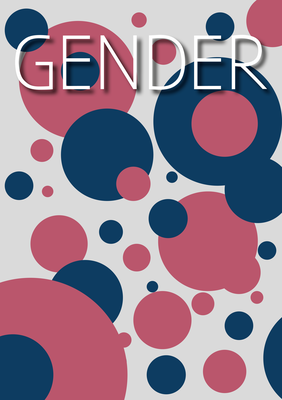Hauptinhalt
Aftermath

The Workshop on Gender Dialogue has successfully discussed joint aspects of research and further cooperation in the field of Gender. It has been visited by the Vice-President for International Affairs, Prof. Dr. Michael Bölker.
Welcome

Over the last decades, gender has become an interdisciplinary academic discipline crossing a variety of academic fields. Having developed from feminism, gender tackles the idea of a genuine sexual identity - being female or male - it instead points to the social and cultural construction of female and male identities. „We are not born as a woman, but turned into one“ concludes Simone de Beauvoir. Subsequently Judith Butler picks up on the theoretical conception of femininity and differentiates into sex and gender, whereby gender refers to the social and cultural construction of femininity and masculinity. Her writings have initiated a wide field of academic studies and interdisciplinary ventures in the international academic world, whereby Gender research uncovers asymmetrical power structures and hegemonies. In the wake of attacking existing hegemonies, the marginalization of sexual and cultural identities is focused upon.
Concepts of gender are not inclusive to the Western world but have infiltrated (feminist) thinkers in the Arab world as well. Thinkers like Joan Scott or Hoda El-Sadda voice the transfer of concepts to the Arab world and point to the specific differences between these cultures.
One of the workshop’s aims is to trace the differences between Western and Arab cultures with respect to gender, but the workshop also sets out to underline the similarities within the analysis of gender. Women of both cultures have experienced the asymmetrical cultural values, sexual hierarchies and sexual harassment.
To fight these issues and establish Gender as a field of research is the joint intent of the participants of this workshop. Marburg University has institutionalized research at the Interdisciplinary Center for Gender Research in 2001. Cairo University is one of the first Egyptian universities in which some faculties began to include Gender Studies within their programmes, the Faculty of Arts and the English Department are part of them. The English Department is the home of one of the first chairs for Gender Studies. Thus Cairo University’s intent is to establish a Gender Studies center that will be the first at Egyptian Universities and that integrates the diverse interests into the Center. And, last but not least, change the culture of silence and women’s oppression and enable researchers to explore issues and themes that have not previously been tackled.
We are glad that this workshop finally came to life, and without the support of both institutions and many helping hands this would not have materialized. We have to thank Marburg University for the financial support of this venture, the Cairo and Marburg participants for taking part in this experimental project and all the helping hands in the planning and organization of this event.
Dr. Ines Braune, Irene El-Khorazarty, Prof. Dr. Angela Krewani
